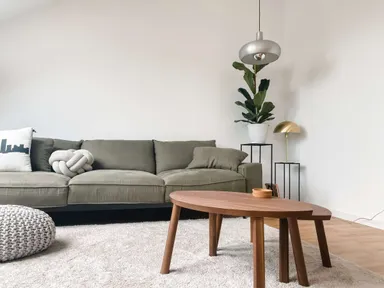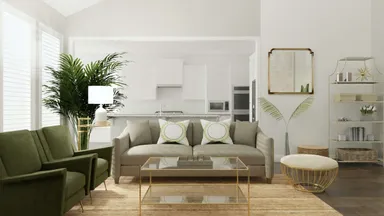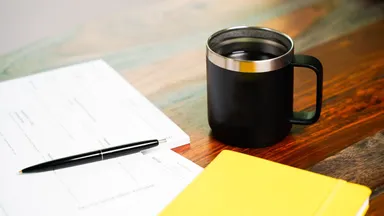![[object Object] image](/_nuxt/image/e3a948.jpg)
Tenancy Deposit Protection Scheme
If the tenancy is an Assured Shorthold Tenancy, the landlord or letting agent must put the deposit in a government approved deposit protection scheme within 30 days of receiving it. (For further information about the schemes, please visit here.)
This is to make sure the deposit is protected and fairly returned to the tenant at the end of the tenancy. If there are any issues at the end of the tenancy, the deposit will be protected and held by the scheme until the dispute is resolved.
Accessing your property
To access the property you must provide the tenant with adequate and fair prior written notice, which is at least 24 hours or as stated in the tenancy agreement. Tenants have the legal right to freely enjoy the property during their tenancy without frequent visits from the landlord and can refuse access should they wish.
Safety and general maintenance
Landlords are required to maintain and conform to certain standards regarding the safety and state of their properties.
For general maintenance, tenants have the right to live in a property in good state of repair, and it is the landlord's responsibility to ensure that this standard is met. There are safety standards for gas, electrical and fire safety that has been outlined in various Acts and Regulations over the years. We recommend regular visits to the property to ensure the property to see for yourself the condition of your property. You must also supply a valid EPC before your property can be marketed.
Any defects that are integral to the structure of the property should be looked at with timely maintenance. Drains and gutters are often not maintained during a tenancy and can lead to leakage or damp in the property.
All properties require a smoke alarm and it is strongly recommended to have a carbon monoxide alarm which is tested for functionality at the start of any tenancy. Tenants are responsible for regular testing of these alarms during their tenancy, and replacing of any batteries necessary.
For furnished properties, the furniture provided must be in accordance with guidelines set under the Furniture and Furnishings Fire and Safety Regulations 1988 (amended 1993).
Insurance
We highly recommend landlords take out landlord's insurance. This will cover any damage to the property, furnishings or interior that was provided by the landlord. Some schemes offer cover for loss from rent in cases where the rent cannot be paid due to a problem with the property (e.g. flooding). Please speak to your insurance provider for more details.
Other
Your rights and responsibilities should be outlined in the tenancy agreement.
Before signing a contract, read this section with particular attention as to ensure you understand your rights and responsibilities as a landlord while the tenancy agreement is in effect.
Should you have any concerns or queries, contact your consultant for more information.
Landlord resources



